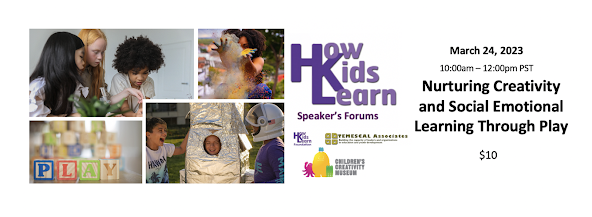 |
Source: Lines for Life 2019- Always Hope |
By Sam Piha
The concerns of youth declining mental health are not new. Nor is the shortage of mental health professionals in our schools and communities. Both were issues before the pandemic and as a result of the pandemic these issues are of greater concern.
Youth are clear: they want to be involved as part of the solution. There are several reasons to involve youth directly:
The Shortage of Adult Helpers.
“On average, there is only one school psychologist for every 1,200 students, far from the 1-to-500 ratio recommended by the National Association of School Psychologists. There are currently 427 school counselors for every student, but the American School Counselor Association recommends one per every 250 children.”
And the need is clearly growing. For instance, Oregon Youth Line, a teen-to-teen youth crisis and support service, received roughly 1,400 contacts, many coming from in the state of Oregon. But, by 2021, things had exploded, with almost 25,000 annual contacts from all across the country.
“This issue has intensified in a COVID world, where teens have lost access to school counselors and support systems. Their journey with mental illness or mental health concerns is made much harder, and they are struggling severely with few ways to feel better.” - Youth Crisis Line Volunteer, Tales of a Teen Crisis Worker
Youth are Effective.
 |
| Source: www.pexels.com |
“We just have a much better perspective on what it's like to be a teenager today and the complexities that comes with and the strain that that can put on your mental health.” – Fiona, Youth Line Volunteer
“Teens are more likely to communicate with their peers than with their parents or teachers. Peer-led counseling programs show promise in helping to detect mental health concerns in younger students.” – Tonya Russell, Peer Counseling May Reach Teens in Ways That Adults Can't
Youth Want to be Part of the Solution.
“Youth express a collective desire – they even demand – that adults involve them in creating a more responsive education system so that they can, as one student put it, ‘find our way back to loving learning.’” – Youth Truth Survey
“I wish the school did more to train and educate its students on how to identify ... warning signs of deteriorating mental health, abuse, self-harm, and violence within their peers - and respond appropriately and compassionately.” – 12th grade student
Youth Can Handle the Responsibility.
“If you’re still uneasy about the idea of youth supporting other youth, I understand, but I challenge you to think of us not as kids thrown on a crisis line, but as trained specialists, adequately prepared and supported in doing life-changing (and at times, life-saving) work on both sides of the phone.” – Youth Line Volunteer
“I asked students, is this too much to take on? But I realized that they’re having these conversations with their peers on a daily basis. In the absence of formal training, they very much carry the weight on their shoulders that they have to fix their friends’ problems. If we’re not engaging them and giving them the right tools and training to engage in those conversations, we’re missing the boat.” - Suzanna Davis, vice president of operations and programs, Grant Us Hope, and former high school principal
There are Benefits Accrued by Youth Helpers.
“Most nights I leave my shift feeling more energized than when I came. Sitting in that virtual space, talking to those most interesting and dynamic teens, clears my heart of a heavy day and wipes my head of the weight of the world. There is no feeling comparable to being a part of someoneʼs journey to self-love, self-acceptance, and healing, and I gain far much more from the teens I talk to than I could ever give.” - Youth Crisis Line Volunteer, Tales of a Teen Crisis Worker






No comments:
Post a Comment